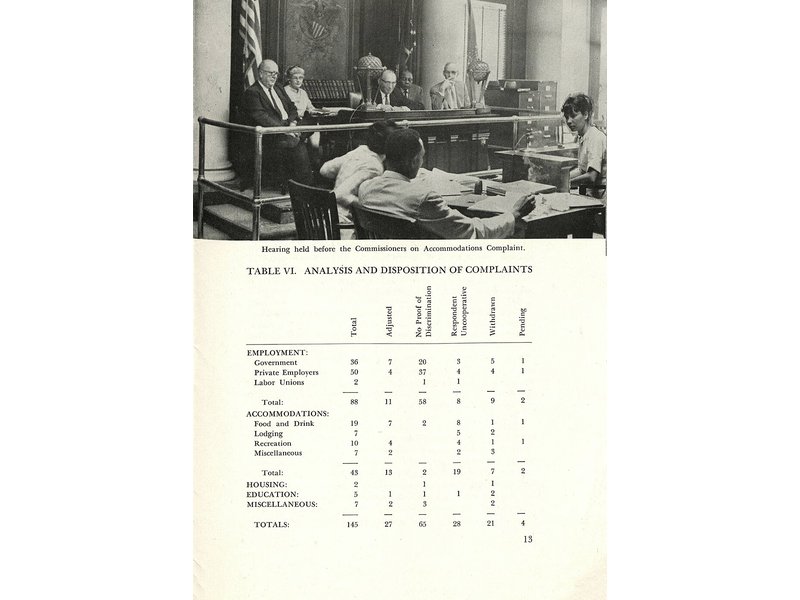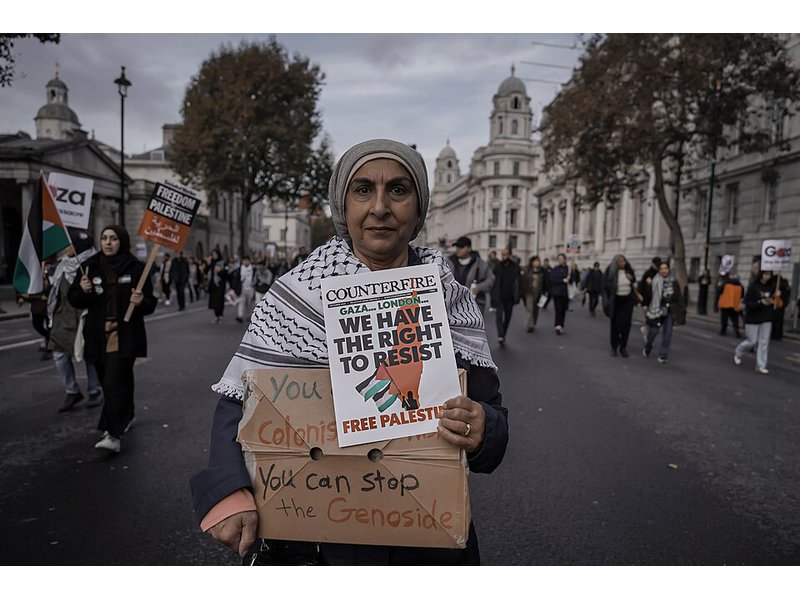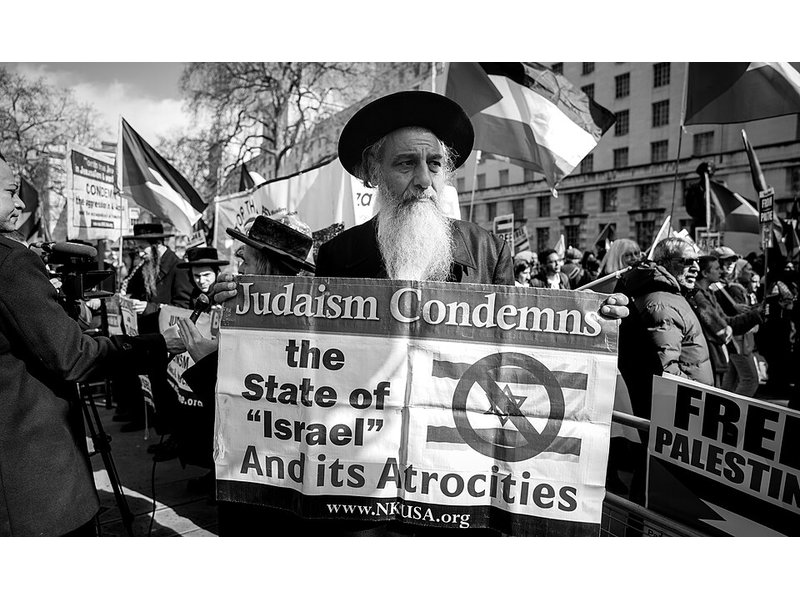145 general administrative noncooperation

"The great majority of a government’s administrative personnel may refuse to cooperate with a usurping regime. This may be either an occupation government or a group which has seized control of the State apparatus by coup d’état or other illegal means. After the Bolsheviks seized power in October 1917 from the post-revolutionary Provisional Government headed by Kerensky, for instance, the new regime was immediately boycotted by the civil servants, who disobeyed the orders of the new occupants of the seats of power. In the Ministry of Public Welfare all but forty of the functionaries went on strike.207 As has already been pointed out, this kind of noncooperation was instrumental in defeating the Kapp Putsch in 1920 against the Weimar Republic.208"...
Potentially awesome partners

High scoring campaigns using this method
Historical cases from the Nonviolent Action Database that used this method
British win repeal of Poll Tax (flat tax), 1989-1990
Margaret Thatcher was reelected for her third term in 1987. One of the changes she promised to implement was to levy a flat tax that she called a “Community Charge,” although it became popularly known as the poll tax. A flat tax means that everybody,...
Defense of Soviet state against coup, 1991
Since assuming the role of General Secretary of the Communist Party of the Soviet Union in 1985, Mikhail Gorbachev pushed for a program of economic openness and political restructuring, prompting resistance and suspicion from hard-line members of the...
French citizens and soldiers nonviolently defend against Algerian putsch, 1961
At the beginning of April 1961, after nearly seven years of war in Algeria as France tried to maintain its control there, French President Charles de Gaulle announced that he would begin negotiations with the Algerian nationalists and soon relinquish...
German citizens defend democracy against Kapp Putsch, 1920
In March 1920, Walther von Lüttwitz, a commanding general in the German army, and Wolfgang Kapp, a German provincial official (with the help of a few other German officials, such as Chief of Staff, General Hans von Seeckt and his collaborators in the...
Hungarians campaign for independence from Austrian Empire, 1859-1867
In the 1840’s there were high tensions between Hungary and the Austrian Empire. Hungary, a part of the larger Austrian Empire, was characterized by nationalistic fervor and that feeling erupted in a violent insurgency in 1848. Franz Josef, the empero...
Indonesians overthrow President Suharto, 1998
“I have decided to quit as president.”- Indonesian President Suharto, 21st May 1998\n\nThese words echoed across Indonesia, as students who had been occupying parliament for the past three days fell to their knees; while others cheered around televis...
Beninese campaign for economic justice and democracy, 1989-90
Benin gained its independence from France in 1960 and was then named Dahomey. Colonel Mathieu Kérékou took power of the country in a coup in 1972 and later renamed the country the People’s Republic of Benin, organized the economy under a Marxist-Leni...
Bulgarians defend Jews from deportation during World War II, 1941-1945
Early on in the Second World War, Bulgaria was a member of the Axis powers, having signed the Tripartite Pact on March 1, 1941. However, Bulgaria was not emotionally attached to the ideals of the major Axis powers. They simply signed on because they ...
Finns resist Russification, end conscription, regain elections, 1898-1905
For much of the nineteenth century, Finland was under Russian rule. This began in 1809 when Finland was made part of the Russian Empire. As part of the Russian Empire, Finland was autonomous in domestic policy but not foreign policy. Finland was allo...
British subjects on the Turks and Caicos Islands demand the removal of their governor, 1996
Turks and Caicos is a British Territory of 8 islands in the Caribbean with a formal population of approximately 15,000, mostly descendants of African slaves. England appoints a Governor to the island for a minimum of three years, but the islands also...
Low scoring campaigns using this method
Historical cases from the Nonviolent Action Database that used this method
Luxembourgers general strike against Nazi occupation, 1942
In the 1940s, Nazi Germany under the government of Adolf Hitler was advancing its conquest of Europe during the Second World War. By May 1940, Luxembourg, a small neutral country bordering Germany, was placed under military occupation by forces of th...




